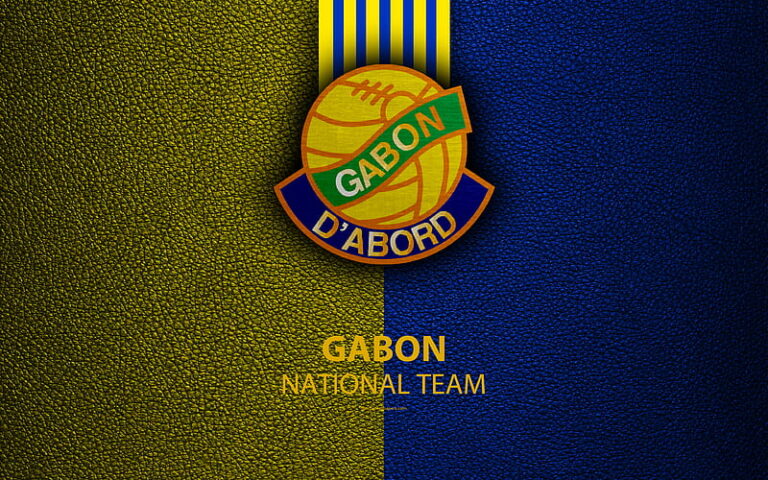
Premier League
The Premier League stands as a beacon of football excellence on a global scale. Renowned for its competitive spirit, high-quality gameplay, and iconic clubs, the league has captivated audiences around the world. With a mix of rich history, star-studded lineups, and passionate fanbases, the Premier League is not just a sporting event; it’s a cultural phenomenon that influences many aspects of society, including economics, community, and international relations. This article dives deep into various facets of the Premier League, unraveling its history, its impact on fans and communities, tactics and strategies employed by clubs, and the growing influence of technology in the game nhà cái xanh chín.
History and Evolution of the Premier League
The Premier League was established in 1992, ending the long-standing tradition of English top-flight football being governed by the Football League. This decision came after clubs sought greater television revenues and control over their commercial rights. The shift marked a transformative period that would redefine not only English football but also the entire sport globally casino 88clb.
Formation and Early Years
In its formation, the Premier League comprised 22 teams, with the aim to enhance competitiveness and spectator engagement. The inaugural season witnessed thrilling encounters, with Manchester United emerging as champions under the management of Sir Alex Ferguson. This early success laid the groundwork for the club’s dominance in the subsequent years.
The Premier League quickly gained traction not only due to its exciting football but also because of the massive broadcasting deals secured. These agreements brought unprecedented financial resources to clubs, enabling them to attract world-class talent. This influx of cash led to an evolution of tactics and styles of play, shifting from traditional English football to a more dynamic and versatile approach.
Growth and Global Expansion
As the Premier League progressed through the 1990s and 2000s, its appeal skyrocketed beyond British shores. International broadcasting deals expanded its reach, captivating audiences in Europe, Asia, Africa, and the Americas. The allure of stars like Thierry Henry, Alan Shearer, and later Cristiano Ronaldo drew millions to the league, forging a global fanbase.
This growth was accompanied by an increased emphasis on marketing and brand development. Clubs began to recognize the importance of building their identities through merchandise, social media, and international tours. The Premier League became one of the most lucrative leagues in the world, setting a standard for commercial success that other leagues aspired to achieve.
Challenges and Resilience
However, the Premier League has faced challenges along the way. Issues such as financial disparities between clubs, player misconduct, and controversies surrounding VAR (Video Assistant Referee) have periodically marred its reputation. Yet, the league has consistently demonstrated resilience and adaptability.
Recent seasons have showcased the emergence of clubs outside the traditional ‘big six’—Arsenal, Chelsea, Liverpool, Manchester City, Manchester United, and Tottenham Hotspur—challenging the status quo. Teams like Leicester City’s fairy-tale title win and the rise of clubs like Aston Villa and West Ham United serve as testaments to the unpredictable nature of the league.
Cultural Impact of the Premier League
Beyond the pitch, the Premier League has had a profound cultural effect on society. It transcends sport, influencing music, fashion, and even political discourse. The league’s global audience fosters a sense of connectedness among fans, irrespective of geographical barriers.



